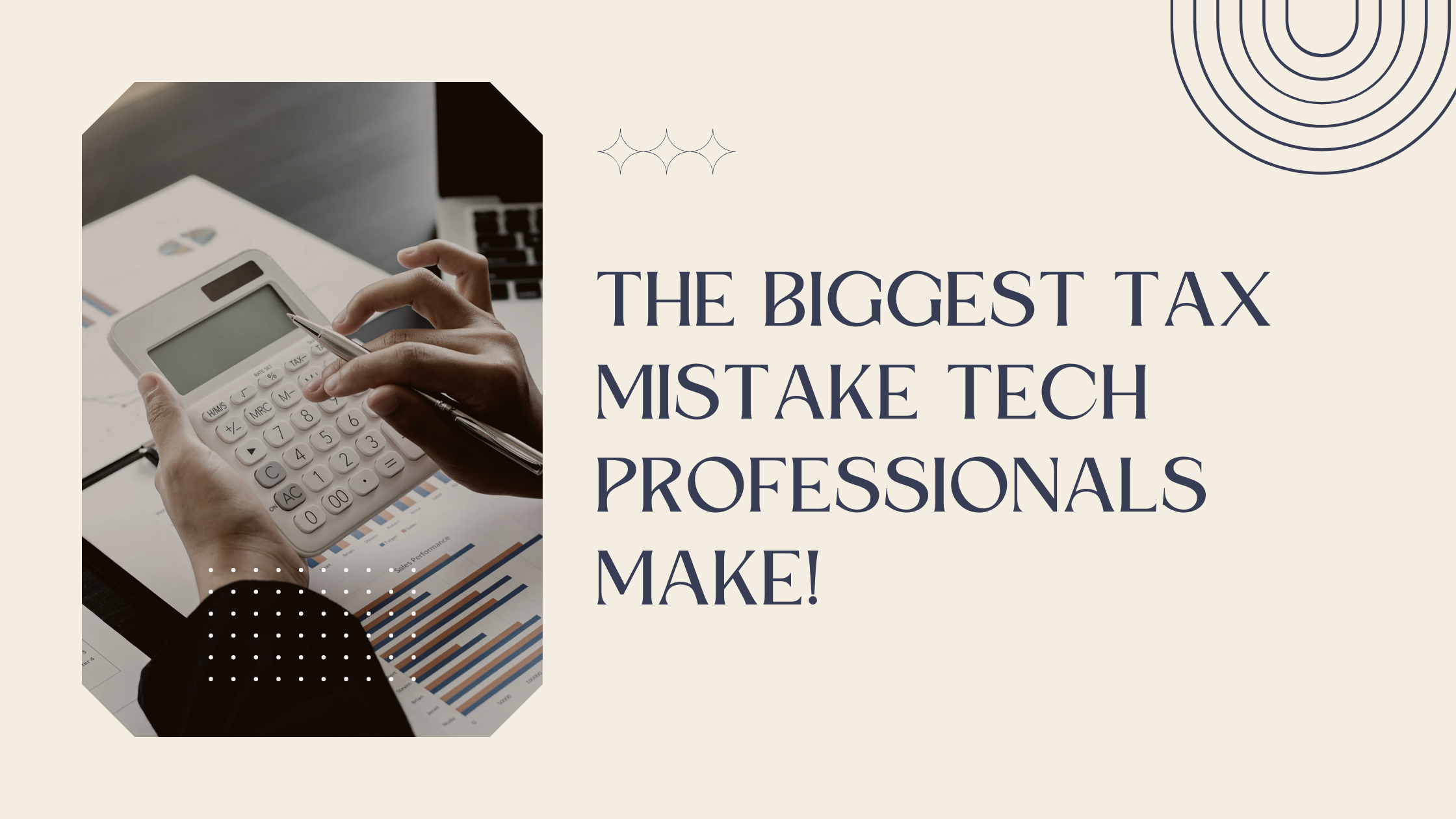Who Should Tech Professionals Talk To Before Retiring?
True Root Financial is a fee only financial advisor and financial planner based in San Francisco, CA. We serve clients across the globe.
Tech professionals are great at crunching numbers, but retirement isn’t just about spreadsheets—it’s about strategy. Take Jane, a senior software developer, who thought she had everything figured out. But after retiring, she realized too late that she hadn’t exercised her stock options or updated her estate plan. A few key conversations could have saved her thousands and spared her unnecessary stress.
If you are a tech professional interested in learning how we can help you claim your financial independence by investing wisely, minimizing taxes, and maximizing your equity compensation, please book a no-obligation call here.
Before you make the leap into retirement, make sure you’re talking to the right experts. Similarly, understanding your cash flow is just as important as growing your income—especially for tech professionals planning financial freedom. Watch our latest video to learn how a Statement of Cash Flow can help you track where your money is really going and make smarter financial decisions!
Key Takeaways:
- Talk to your spouse to align retirement goals
- Consult your financial advisor, HR, and estate attorney to optimize finances and protect your legacy
- Managing equity compensation and benefits early prevents costly mistakes.
1. Talk to Your Spouse
Retirement is a shared journey, especially if you are married. Disagreements over lifestyle, spending, or family responsibilities can lead to unnecessary friction.
Key Questions to Ask Your Spouse:
- What kind of lifestyle do we envision in retirement?
- Are we financially ready to support our shared plans?
- What role should each of us play in managing finances and healthcare decisions?
- Do we need to plan for family responsibilities like caregiving or financial support?
Client Story: One of my clients shared how their vision differed. The wife wanted to travel extensively while the husband preferred a quieter life at home. By discussing and compromising early, they planned a mix of travel and downtime keeping both the parties happy.
Pro Tip:
Think of this conversation as co-creating a roadmap. Write down shared goals and revisit them annually to ensure you’re on track together.
2. Consult Your Financial Advisor
Your financial advisor is your go-to resource for navigating complex financial decisions, especially if you have stock options, RSUs, or other equity compensation. They’ll help you balance income needs with long-term growth and risk management.
Key Questions to Ask Your Financial Advisor:
- What’s the optimal strategy for managing stock options and RSUs before I retire?
- How should my portfolio shift as I transition to retirement?
- Am I prepared for unexpected costs, such as healthcare or market downturns?
Tech-specific Tip:
Ask your advisor to conduct a “gap analysis” on your financial plan. This simulates worst-case scenarios, like a market downturn, to ensure your retirement plan is resilient. A financial advisor can also help you analyze cash flow, plan for future goals, and prepare for ‘What If’ scenarios. Watch our latest video to see why cash flow planning is a must for tech professionals!
3. Your HR Chief
Your HR or benefits team can help you understand what happens to your stock options, RSUs, and healthcare benefits. Many tech professionals risk losing valuable perks simply by missing deadlines or not knowing their options.
Key Questions to Ask HR:
- What happens to my stock options, RSUs, or other equity compensation?
- Can I extend or convert my company-provided healthcare coverage?
- Are there retirement perks, like financial planning or wellness benefits, I should take advantage of?
One tech professional that we worked with, held a significant portion in company stock. We diversified their investments, reducing risks while maintaining potential growth.
Pro Tip:
Schedule your HR meeting early and ask for a complete benefits summary. This ensures you won’t miss out on key deadlines or opportunities.
4. Your Estate Planning Attorney: Securing Your Legacy
Retirement isn’t just about living well; it’s also about protecting your legacy. An estate planning attorney helps ensure your assets are distributed as intended and your loved ones are protected.
Key Questions to Ask Your Attorney:
- Is my will or trust up to date?
- What steps can I take to minimize estate taxes?
- Do I need a power of attorney or healthcare directive?
Pro Tip:
Treat your estate plan like a tech product update—review and refine it regularly to reflect life changes or new laws.
5. Yourself
Before you have any of these important conversations, it’s crucial to have one with yourself. Many people get caught up in the financial and logistical aspects of retirement but overlook the mental and emotional adjustment that comes with such a significant life change.
Key Questions to Ask Yourself:
- What am I retiring to? What will my day-to-day life look like once I am no longer working? This question helps you reflect on your purpose and hobbies.
- On a scale of 1 to 10, how confident am I that I will successfully transition into retirement? If your confidence score isn’t 9 or 10, figure out what steps you can take to boost it. Whether it’s learning new skills, joining social groups, or planning travel, you need to feel prepared.
Set personal goals for your post-retirement life. Think about how you’ll structure your days, who you’ll spend time with, and how you’ll stay engaged. This proactive approach helps you feel more confident about retirement.
Next Steps for You
Taking these simple but critical steps will ensure a smooth, stress-free transition into retirement while protecting your financial future. Schedule a meeting with a financial advisor to review your equity compensation and portfolio.









Leave a Reply
Want to join the discussion?Feel free to contribute!